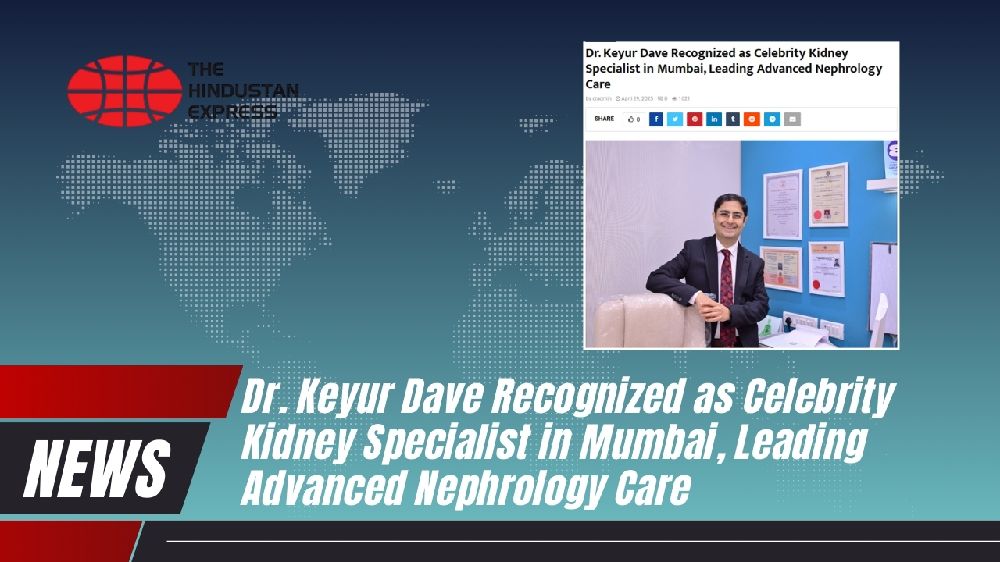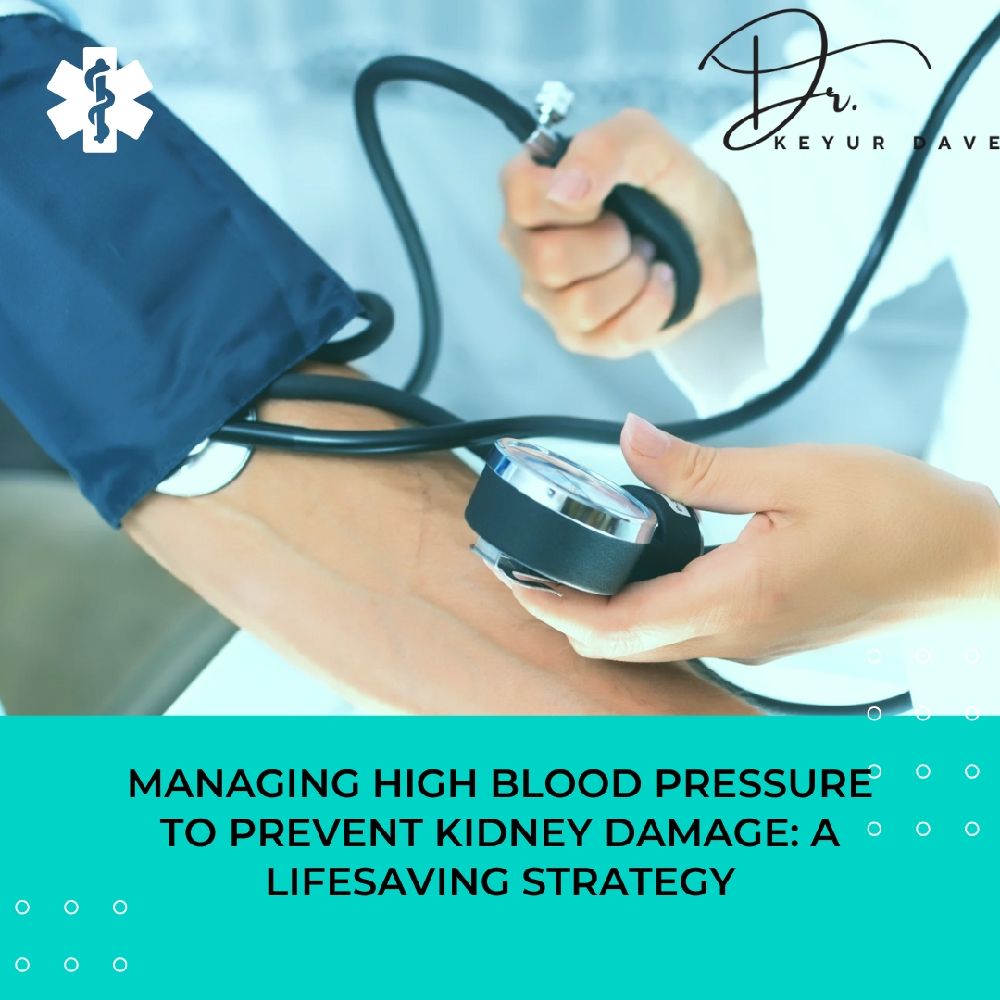
- nephrologist mumbai
- ,
- kidney disease expert
- ,
- renal care specialist
- ,
- dialysis treatment
- ,
- kidney health doctor
- ,
- best nephrologist near me
- ,
- chronic kidney disease care
- ,
- renal transplant expert
- ,
- kidney specialist consultation
- ,
- acute kidney injury treatment
- ,
- hemodialysis specialist
- ,
- peritoneal dialysis expert
- ,
- diabetic kidney disease doctor
- ,
- nephrology appointment allow comments allow commen

.png)

.jpg) If you’ve had a kidney function test, you’ve likely seen a result called eGFR — short for estimated Glomerular Filtration Rate. It’s one of the most important indicators of how well your kidneys are working, especially for detecting early signs of chronic kidney disease (CKD).
If you’ve had a kidney function test, you’ve likely seen a result called eGFR — short for estimated Glomerular Filtration Rate. It’s one of the most important indicators of how well your kidneys are working, especially for detecting early signs of chronic kidney disease (CKD). Your kidneys play a vital role in filtering waste, balancing fluids, and regulating blood pressure. Yet kidney disease often goes unnoticed in its early stages, as symptoms can be subtle or mistaken for other conditions. Recognizing the early warning signs of kidney problems can help you take action before serious damage occurs.
Your kidneys play a vital role in filtering waste, balancing fluids, and regulating blood pressure. Yet kidney disease often goes unnoticed in its early stages, as symptoms can be subtle or mistaken for other conditions. Recognizing the early warning signs of kidney problems can help you take action before serious damage occurs. High blood pressure, or hypertension, is often called the "silent killer"—and for good reason. It can quietly damage your body for years before symptoms appear. One of the most serious complications of uncontrolled blood pressure is kidney damage, which can eventually lead to chronic kidney disease (CKD) or even kidney failure.
High blood pressure, or hypertension, is often called the "silent killer"—and for good reason. It can quietly damage your body for years before symptoms appear. One of the most serious complications of uncontrolled blood pressure is kidney damage, which can eventually lead to chronic kidney disease (CKD) or even kidney failure.-Copy-1.jpg)
.jpg) A kidney transplant can be life-changing—bringing relief, renewed energy, and the chance to live more freely without dialysis. But like any major surgery, the journey doesn’t end in the operating room.
A kidney transplant can be life-changing—bringing relief, renewed energy, and the chance to live more freely without dialysis. But like any major surgery, the journey doesn’t end in the operating room.-Copy-1.jpg)
.png) Kidney stones are small, hard deposits that form in the kidneys, often causing excruciating pain when passed through the urinary tract. They can range in size from a grain of sand to a golf ball and may be composed of different materials, such as calcium, uric acid, and oxalate. While kidney stones are common, especially in individuals over 30, they can be prevented with the right knowledge and lifestyle choices.
Kidney stones are small, hard deposits that form in the kidneys, often causing excruciating pain when passed through the urinary tract. They can range in size from a grain of sand to a golf ball and may be composed of different materials, such as calcium, uric acid, and oxalate. While kidney stones are common, especially in individuals over 30, they can be prevented with the right knowledge and lifestyle choices.